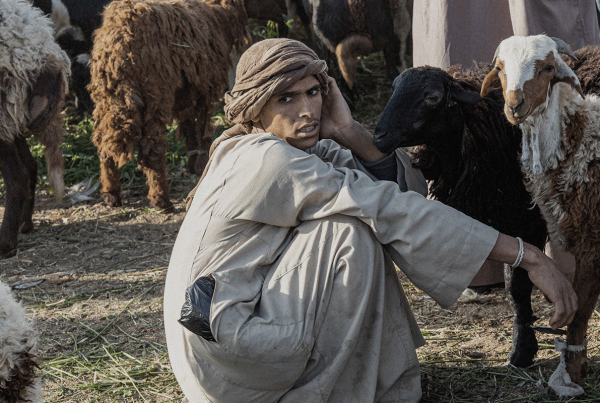As Valentine’s Day approaches, you may be thinking about buying flowers, making a dinner reservation, or giving chocolates to that special someone in your life. It’s a far cry from the Valentine’s Days of childhood, when you may have handed out notes and candy to classmates, parents, friends, teachers and neighbors. As you got older, this holiday became more about celebrating connection to one person instead of many.
It became less about community and more about one single relationship.
Caring About Community
Unfortunately, this shift away from community doesn’t only apply to Valentine’s Day. The world is hungry for love. We crave connection to feel safe, and sometimes the most vulnerable of us don’t get that connection. Belonging is a human need that, much like hunger, only grows the longer we go without it. It should be no surprise, then, that isolation is a large risk factor in potential human trafficking situations.1
Trafficking victims, especially those in the U.S., are often young children who are desperate to find someone to love and care for them. It’s in this search for love and belonging that they become exploited, manipulated, and even trafficked.
desperate for love
Traffickers use grooming tactics to make the victim feel as if the trafficker loves them—by showering them with compliments, gifts, and ‘affection.’ Seasoned pimps and traffickers know that they can coerce vulnerable individuals into relying on and eventually working for them.
For some, the search for love can lead them to situations where love doesn’t seem to exist. In Michelle Nehme’s short film on domestic sex trafficking, Complicit, a convicted pimp described his tactics of seeking out isolated and insecure young girls:
“‘I go to a shopping mall, and I look around for a girl who’s by herself. I say, ‘You know, you have really pretty eyes.’ And if she looks me back in the face and says, ‘Well, thanks!,’ he said, ‘I just keep going.’ And if she looks down at her feet and says, ‘No, I don’t,’ he said, ‘I know I’ve got her.'”2
Sadly, one of the ways many men, women, and children become vulnerable to trafficking situations is a lack of community, care, and love. With no one to turn to for support or safety, their freedom is put at risk. Traffickers know this. Fortunately, we know this, too.
Be a safe place
While there are many ways you can fight trafficking, providing care and love to those in your community sets the groundwork for the rest. By realizing just how important it is to be a safe place and a pillar of love and support for those around you, you can make a difference in the lives of those who need it. Reach out to the community around you. Let them know that you are there, that you are a safe place, and that you value their well-being.
Be the person you would turn to if you needed help, and create a world where no one is deprived of love.
Valentine’s Day should be a reminder to all of us to stay connected. This is a day when all sorts of relationships should be celebrated—neighbors, friends, coworkers, spouses, students, and children. Let them know you care.
The world is hungry for love—and you can make a difference.
The Truth about Sex Trafficking
Download our free eBook today.
1 Psychology Today: How U.S. Citizens Become Human Trafficking Victims.
2 Michellenehme.com: Complicit.







